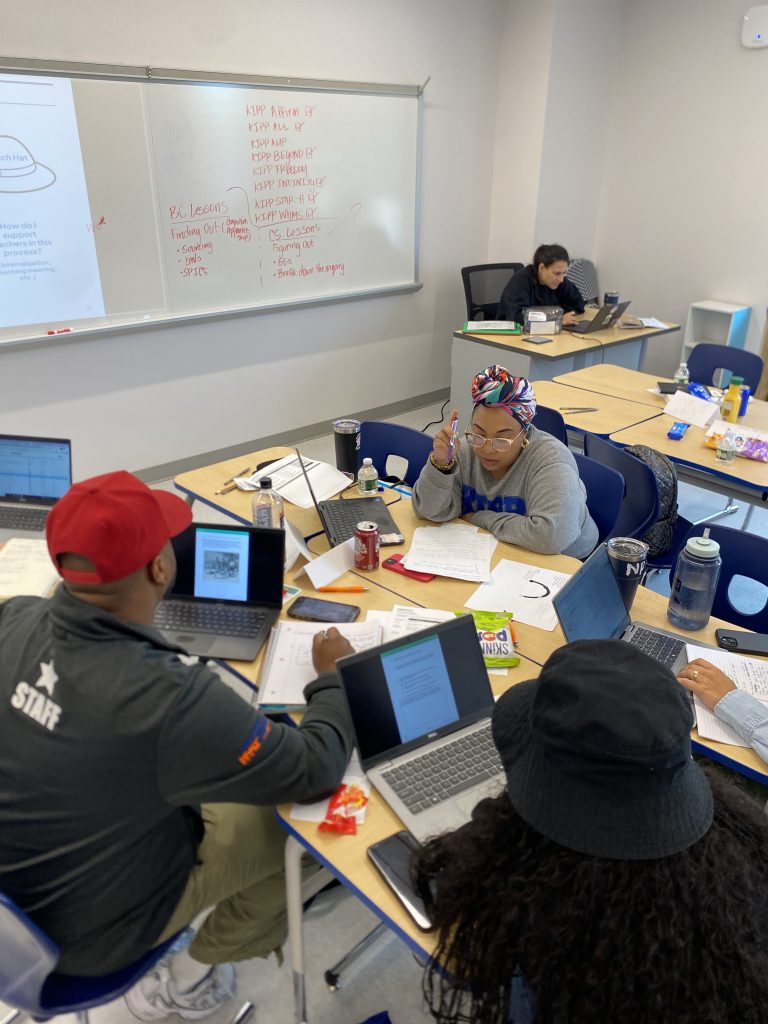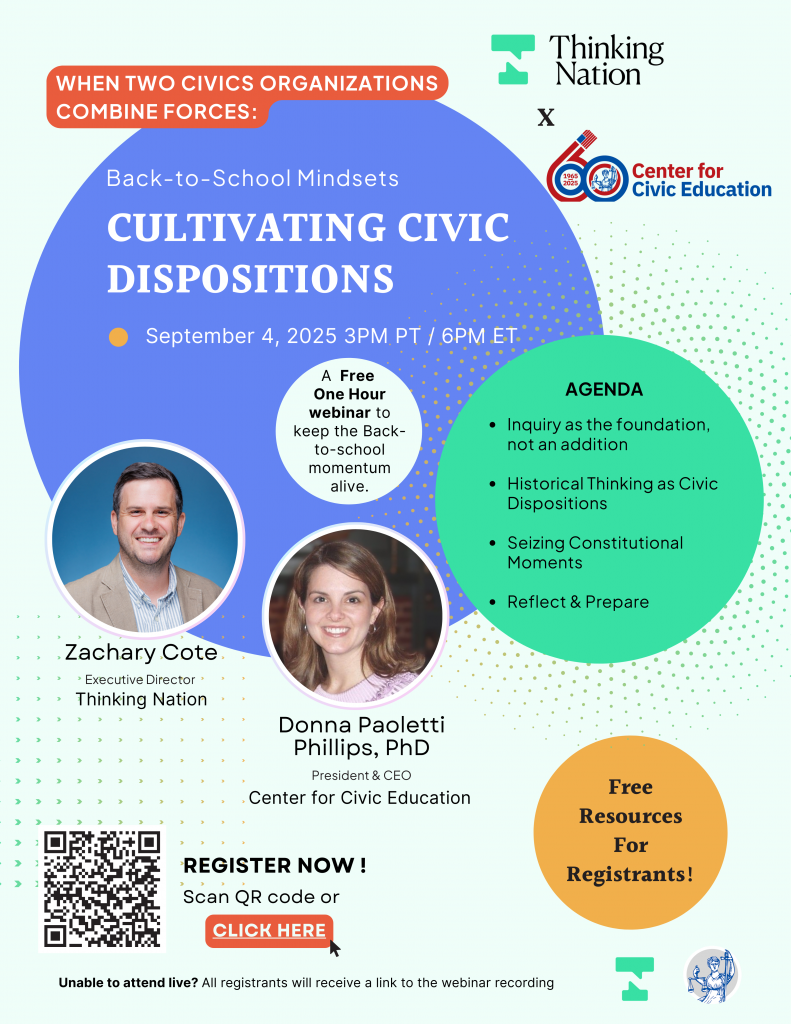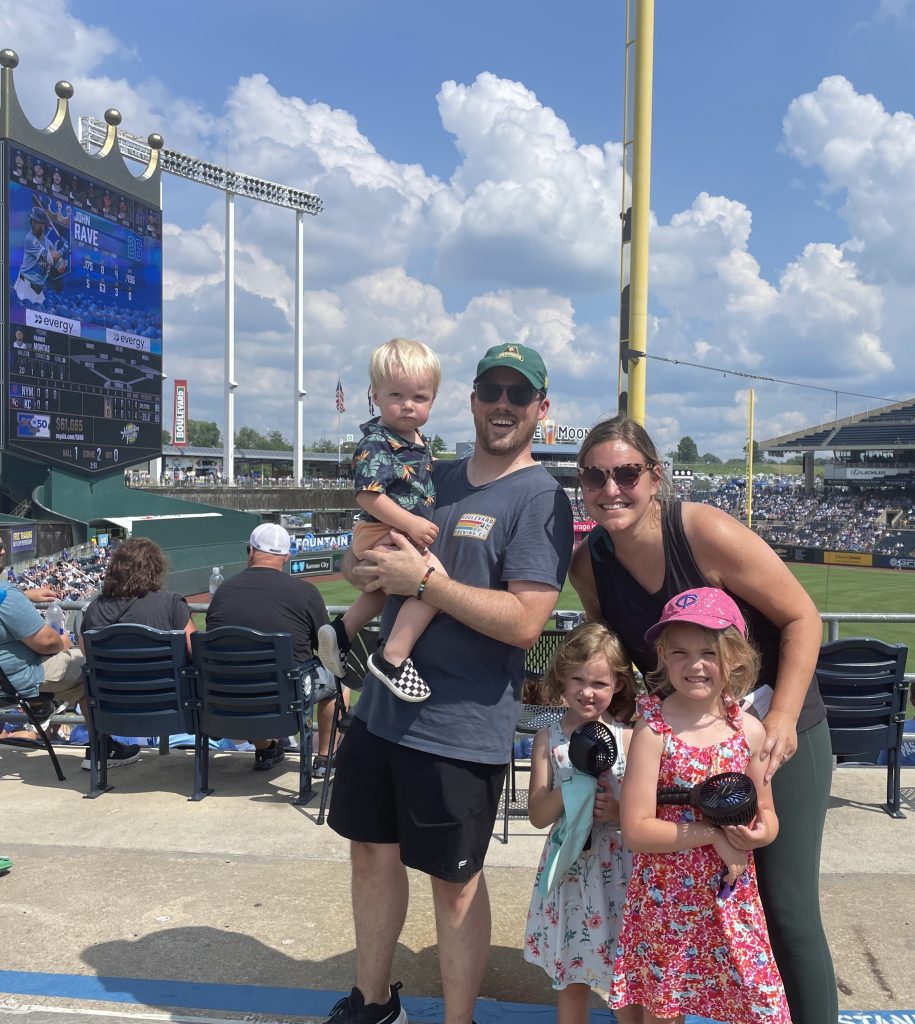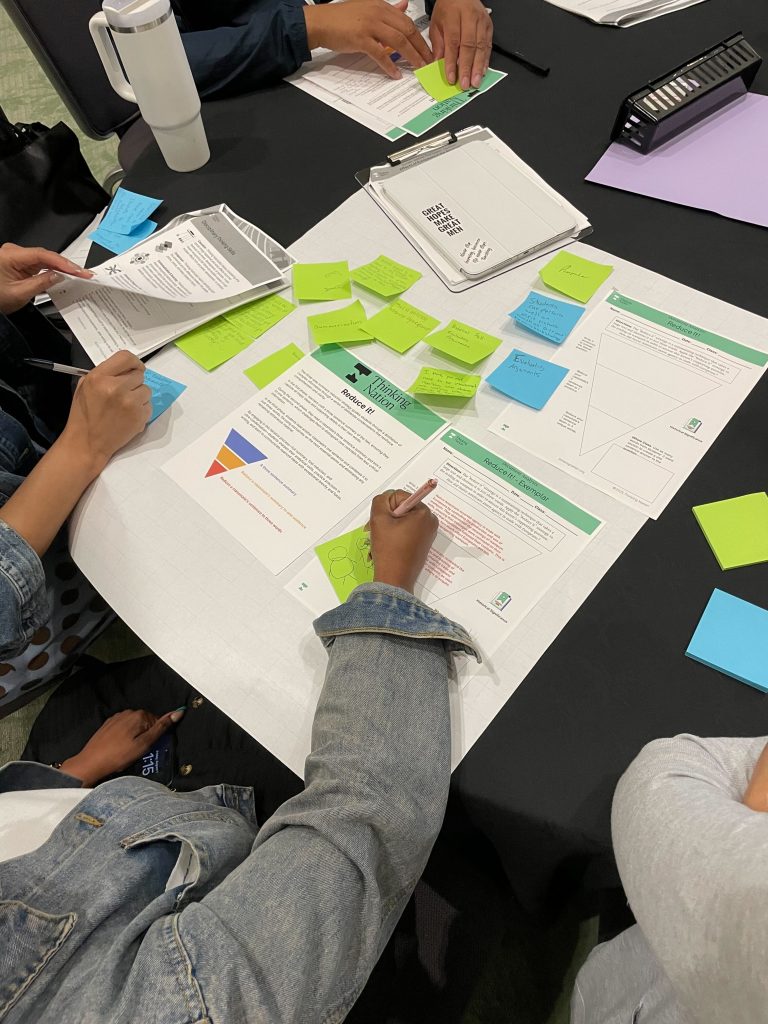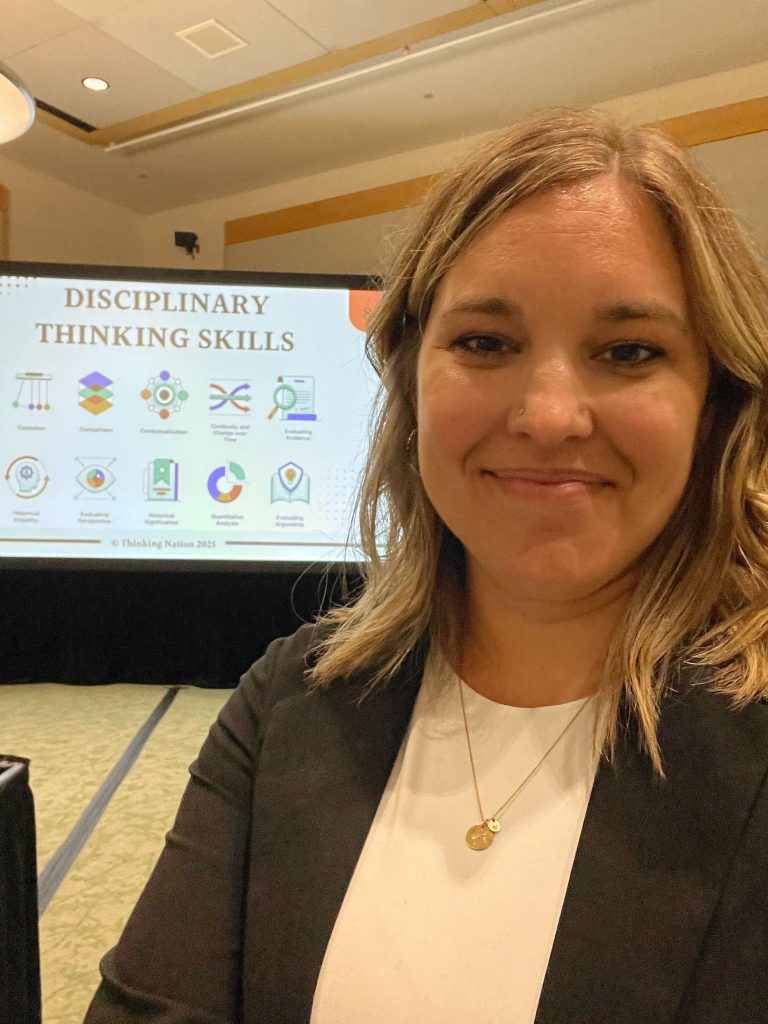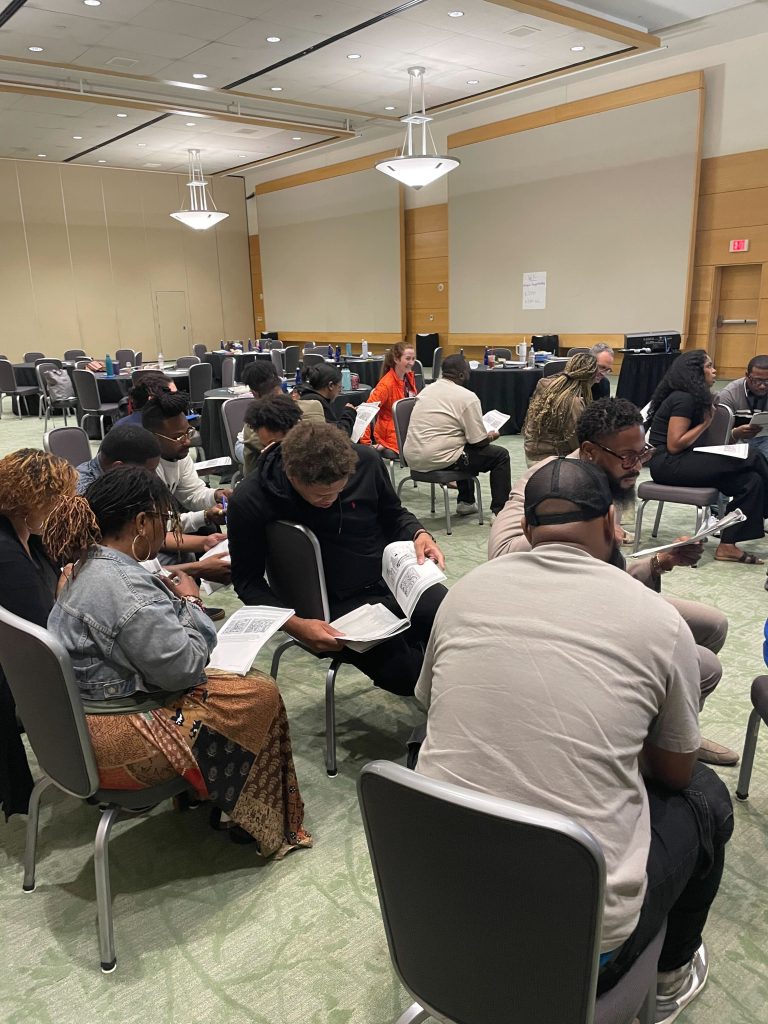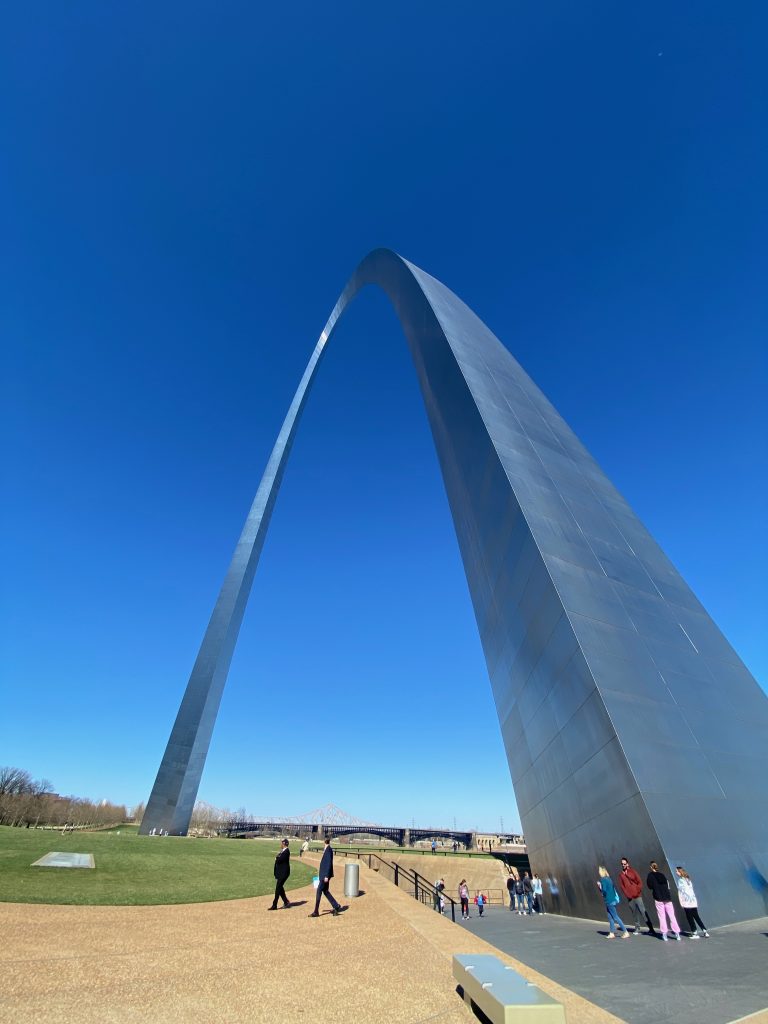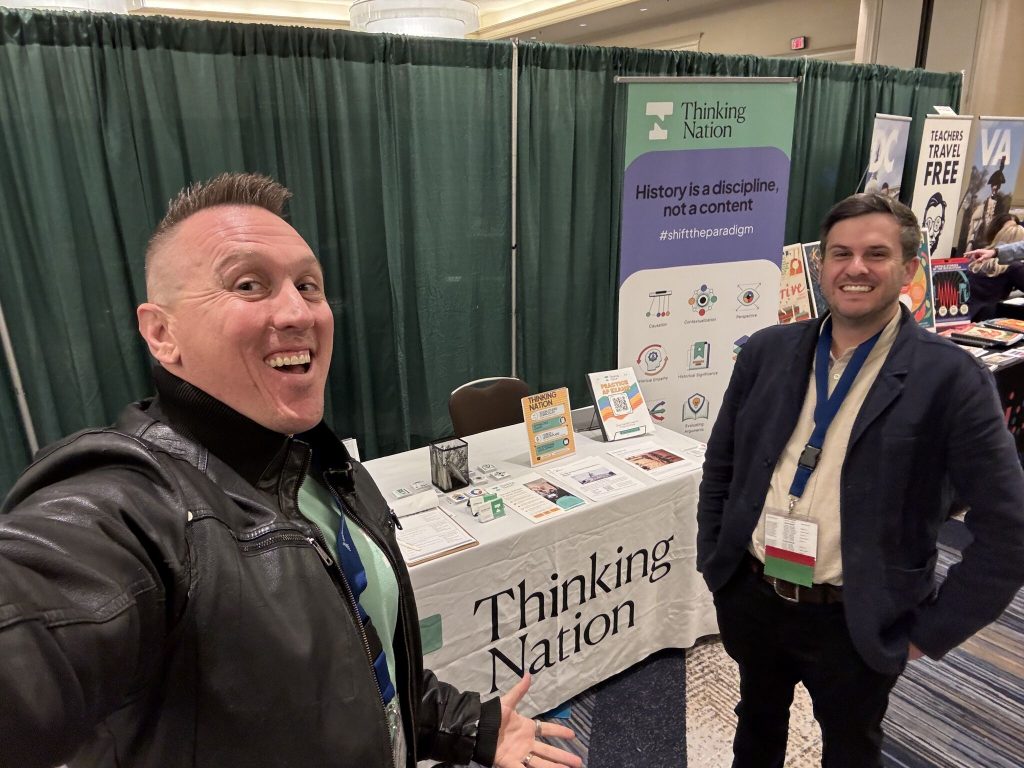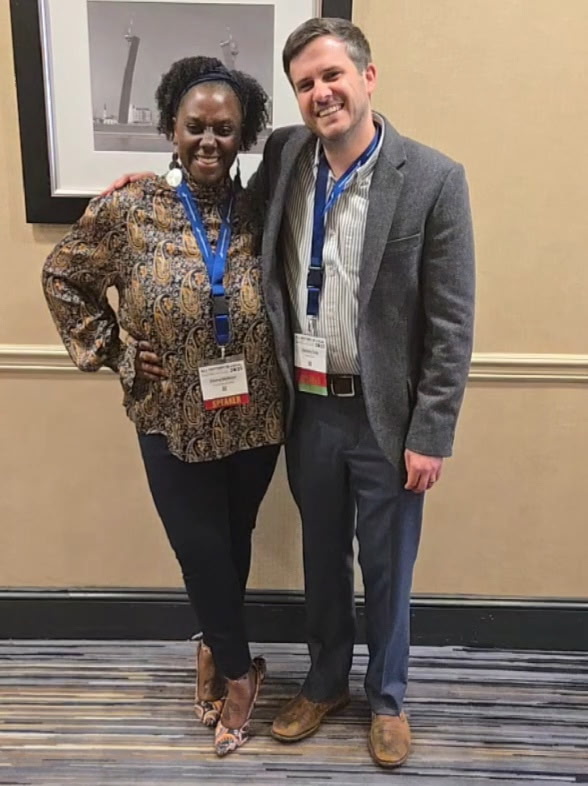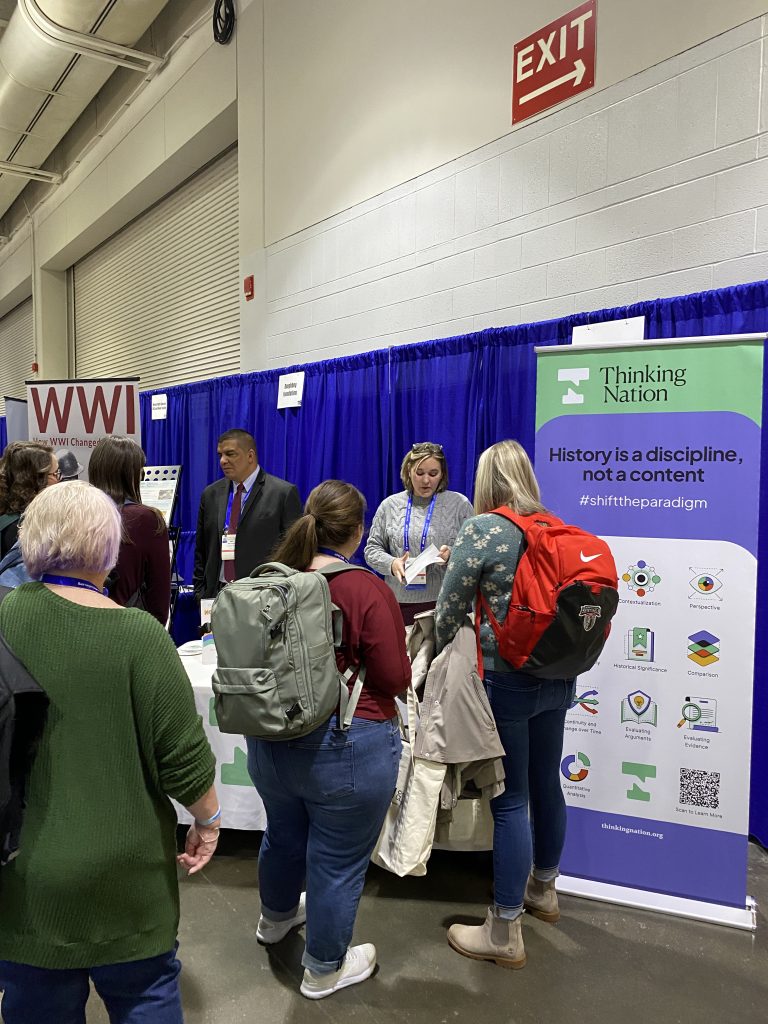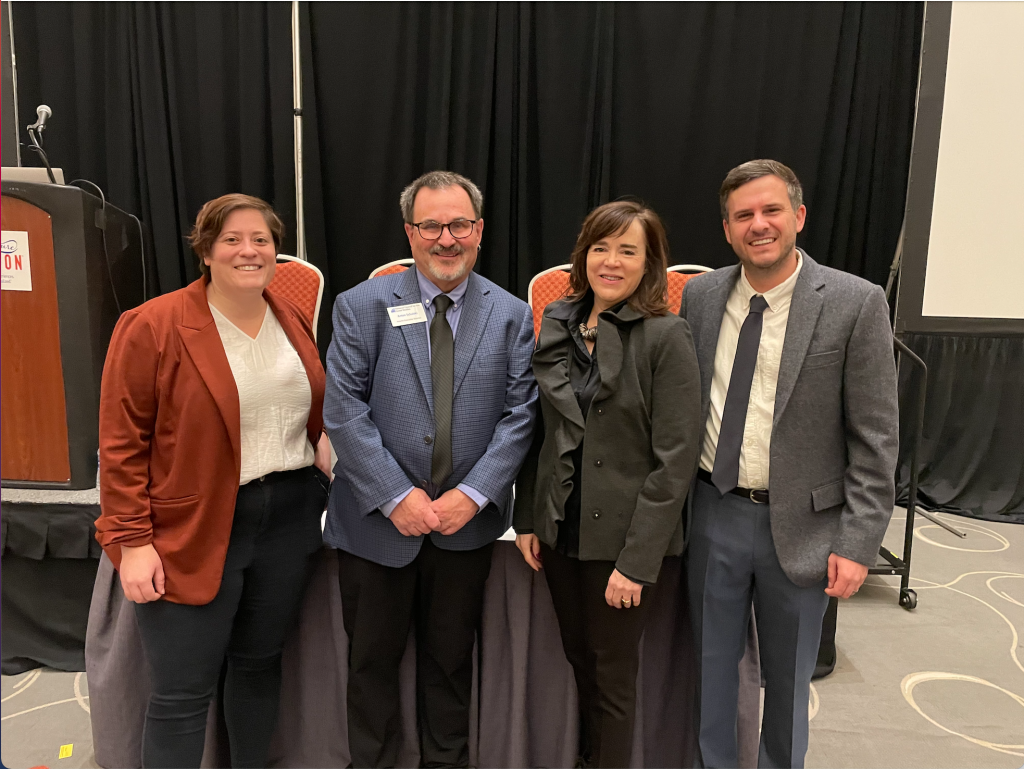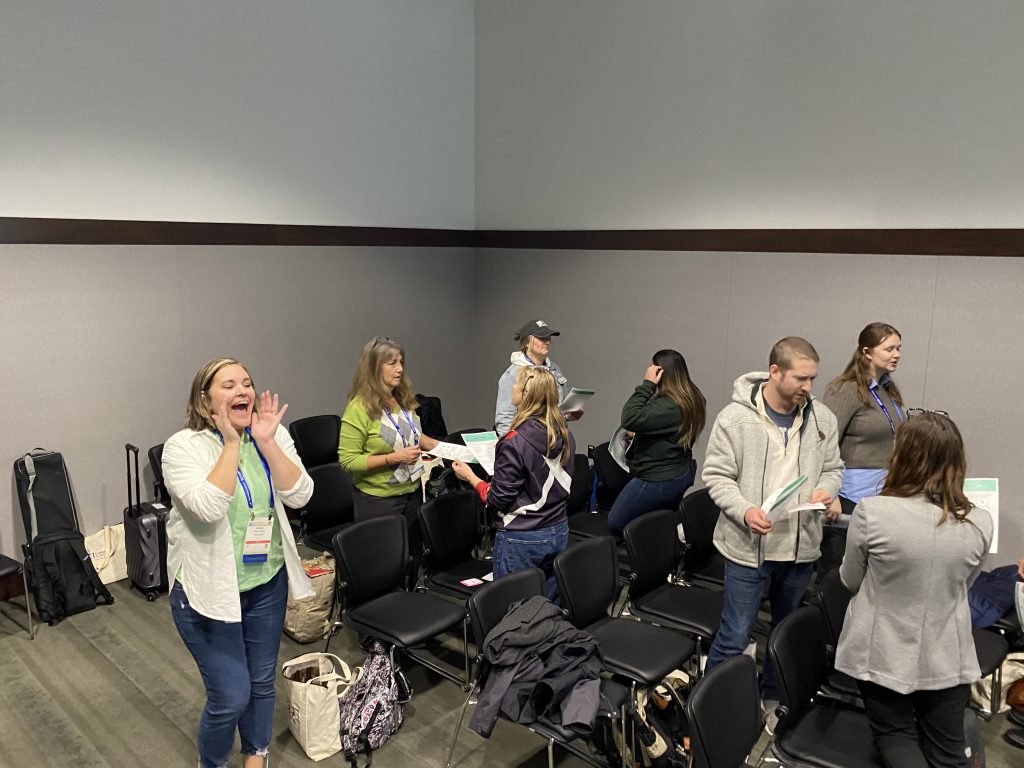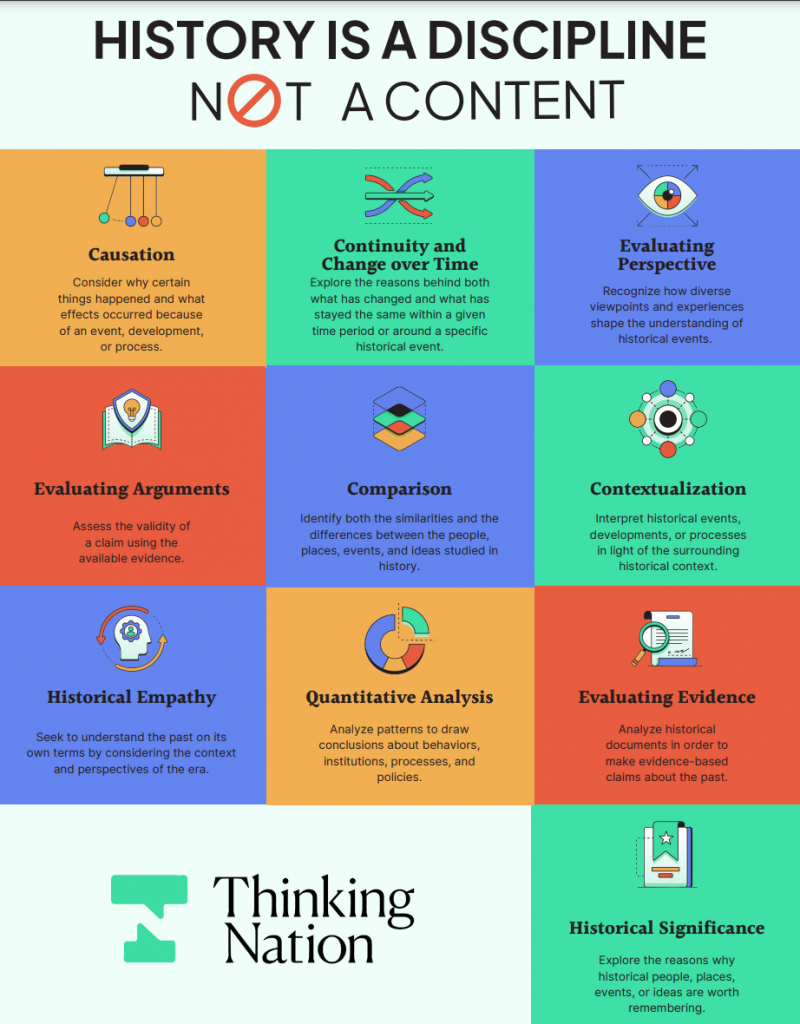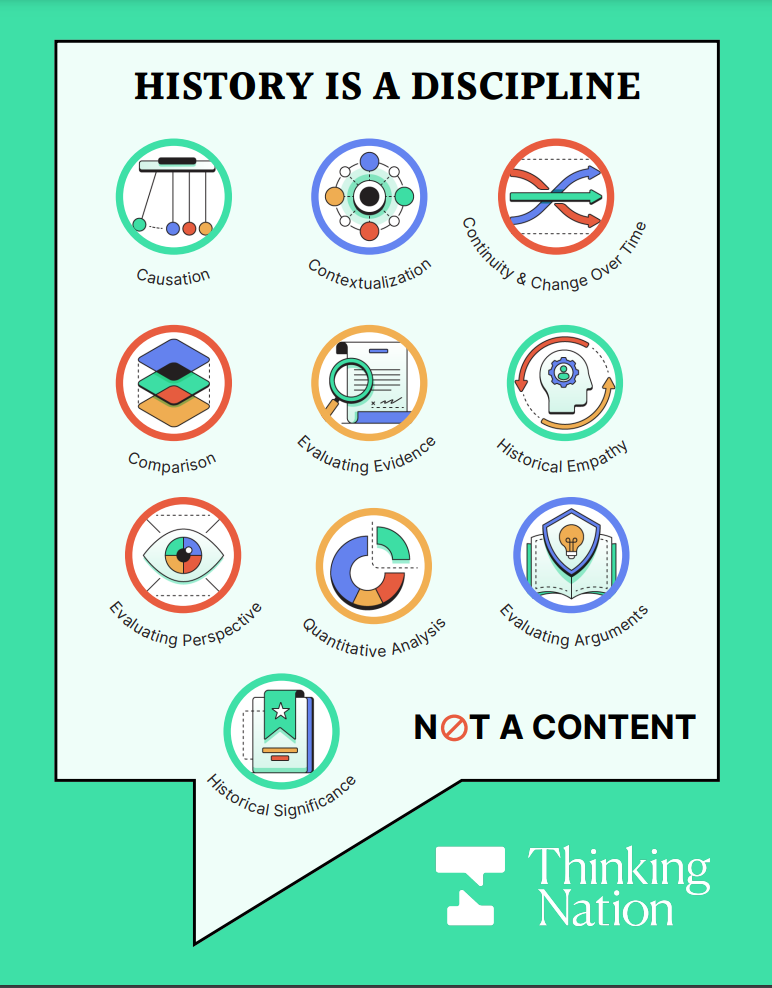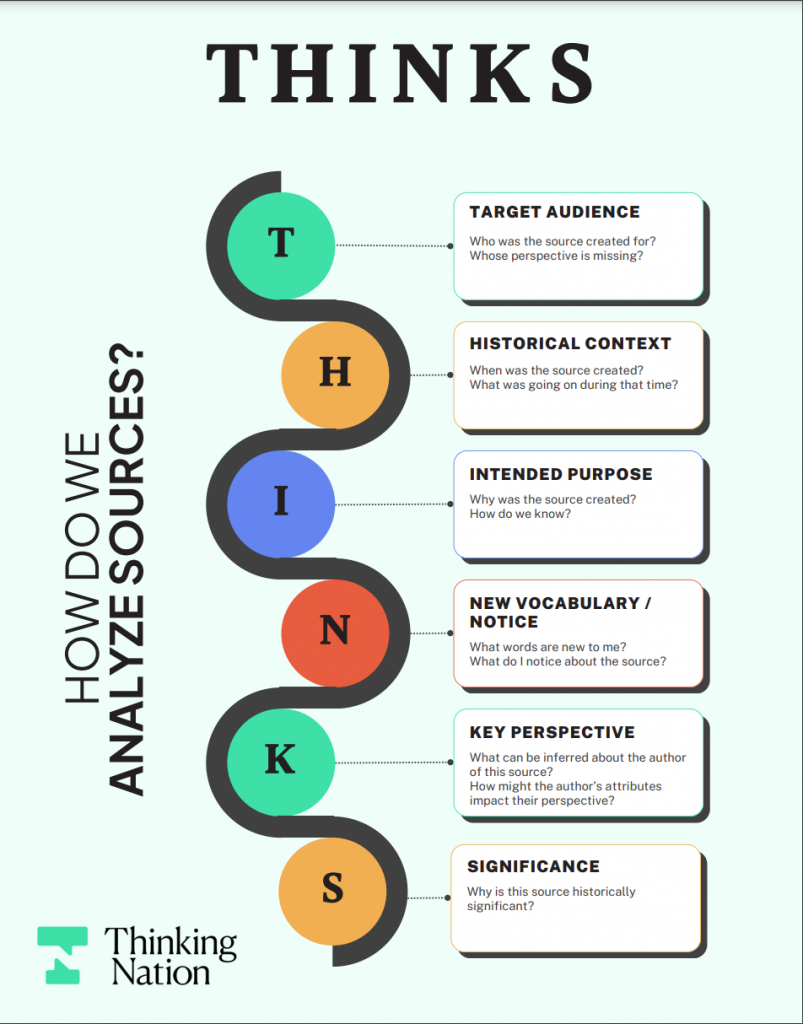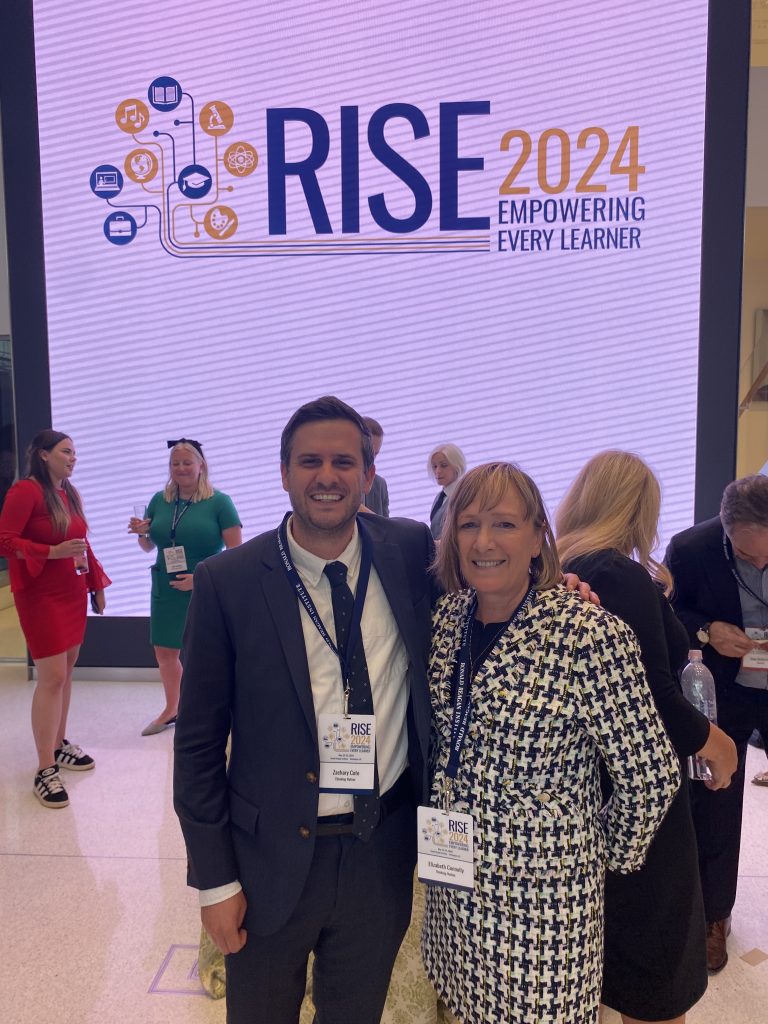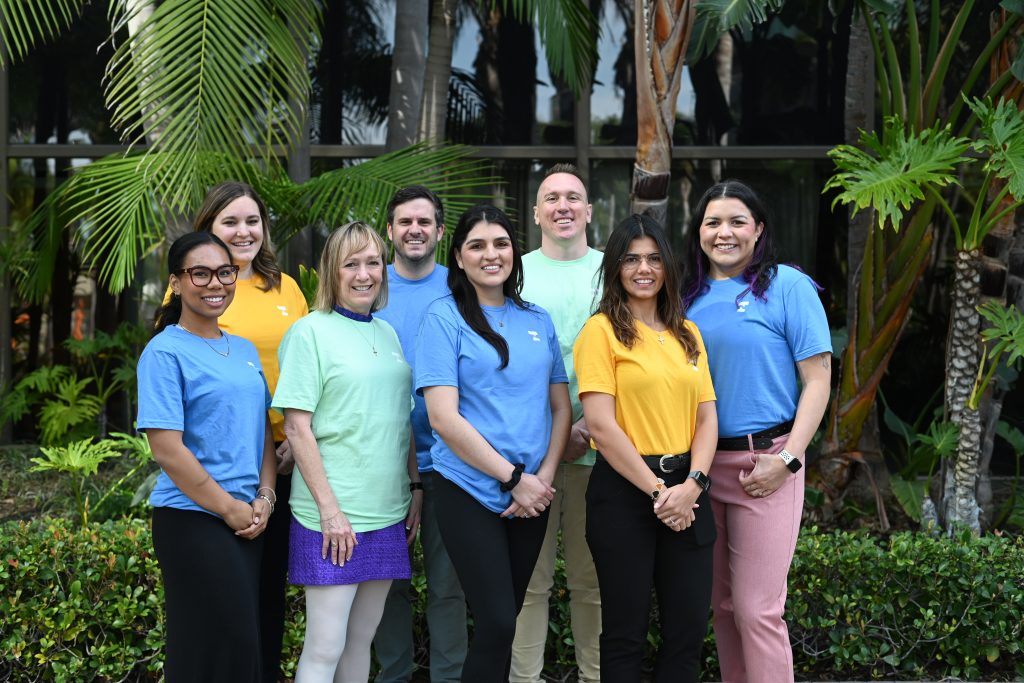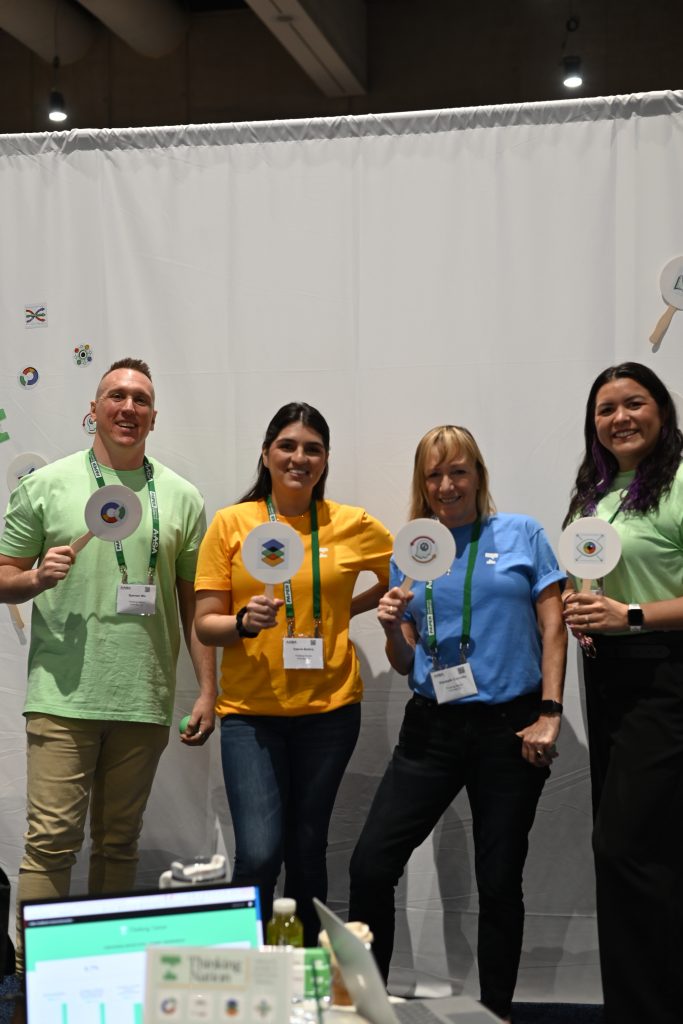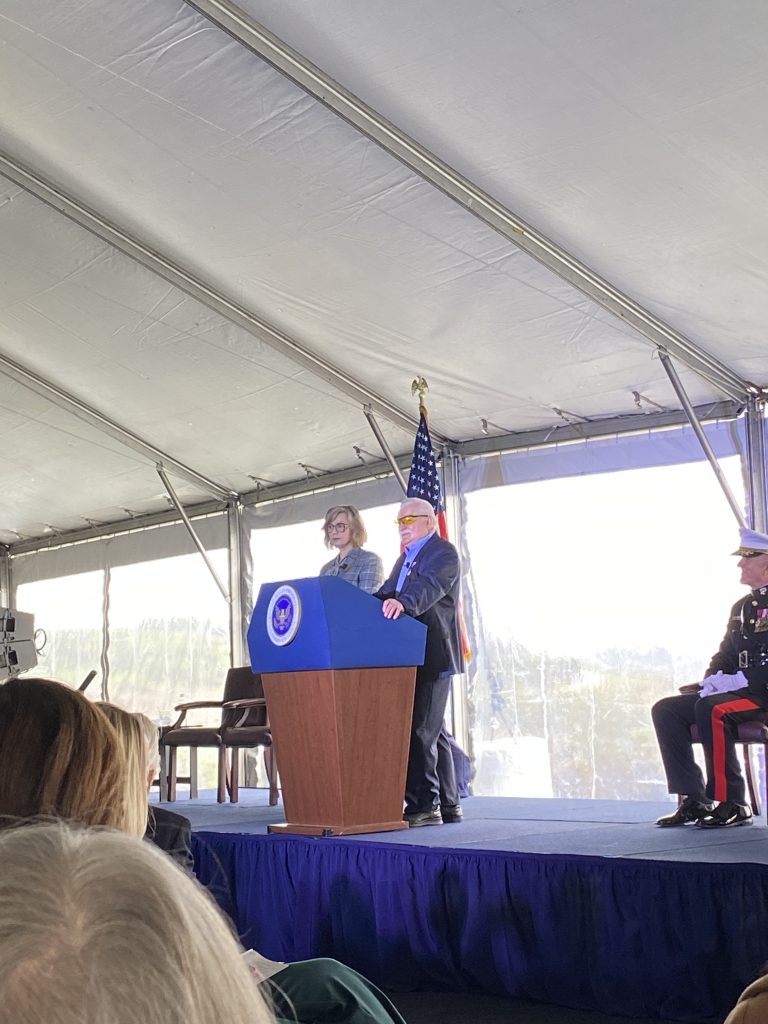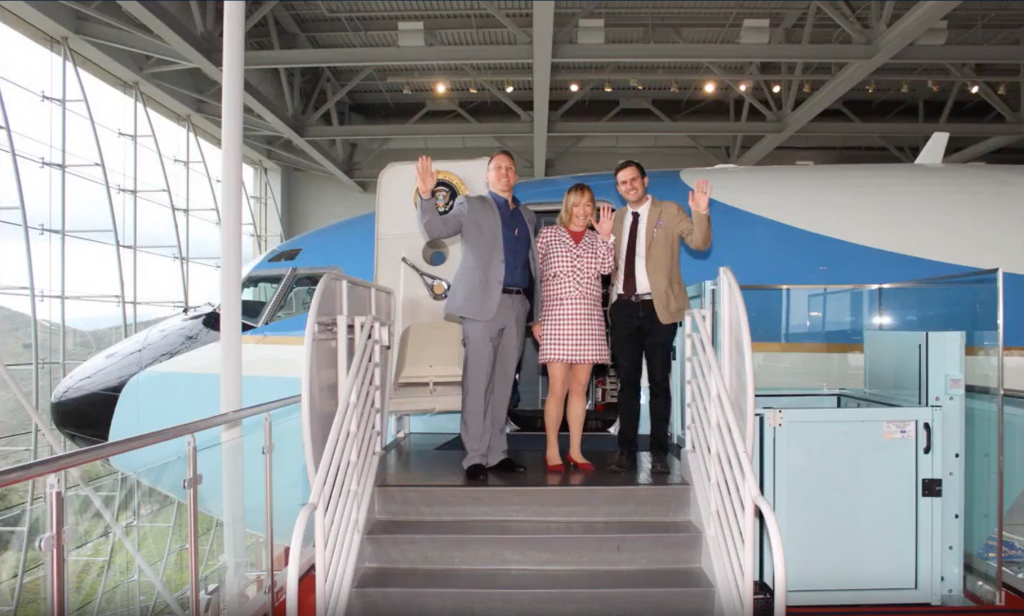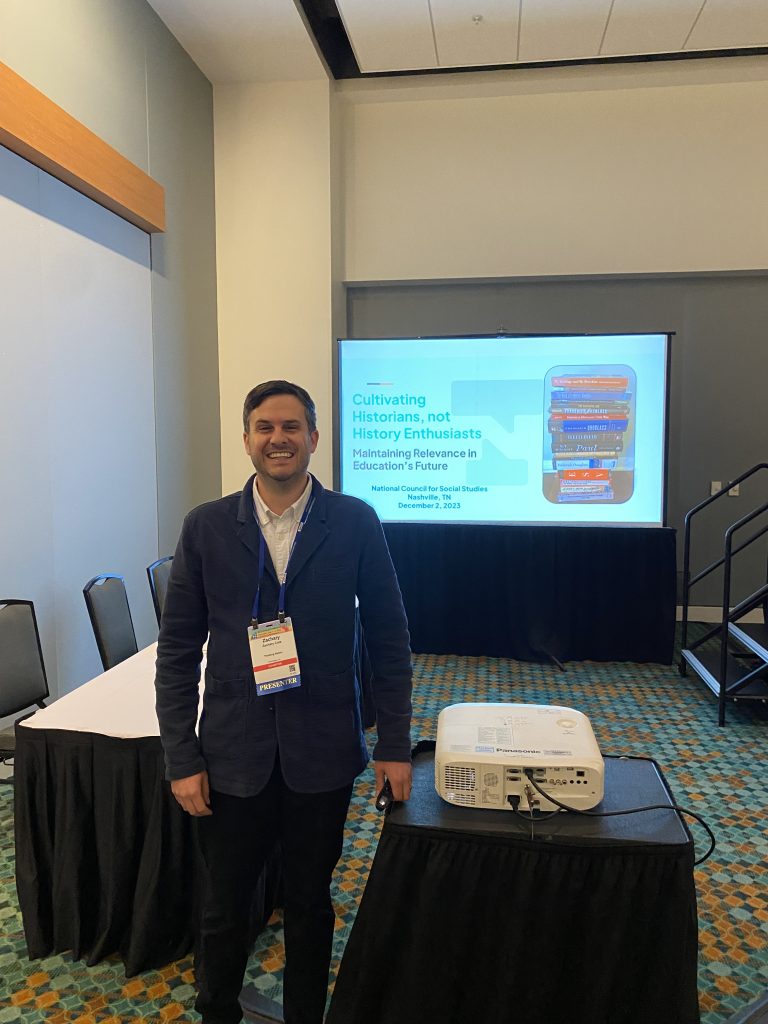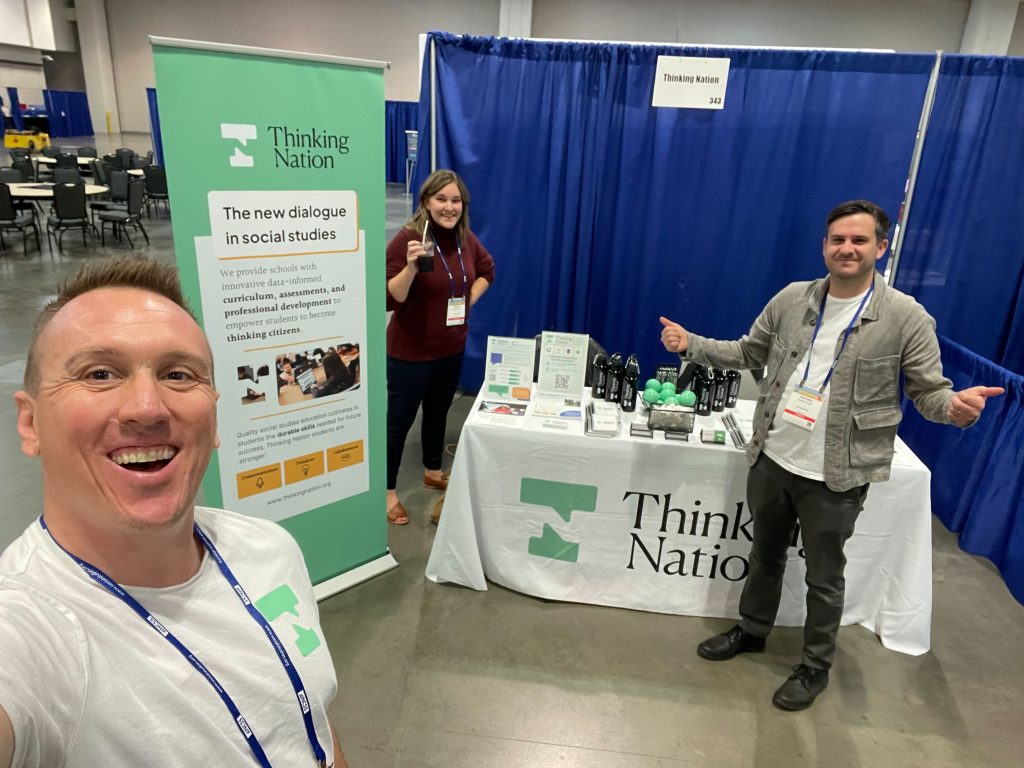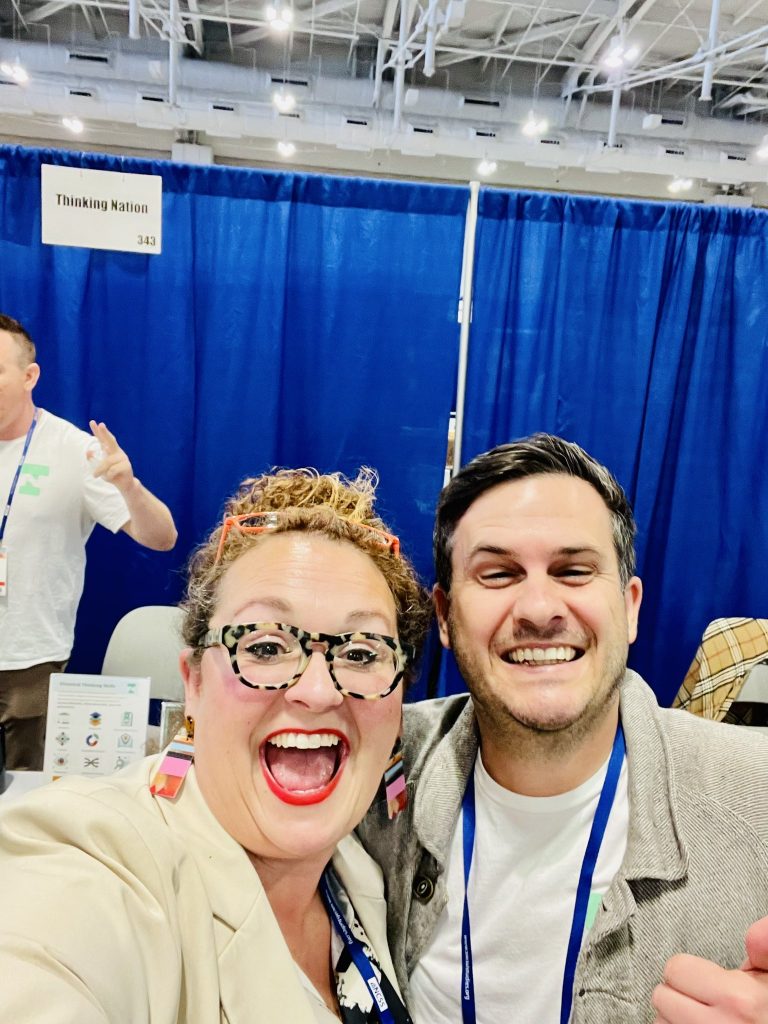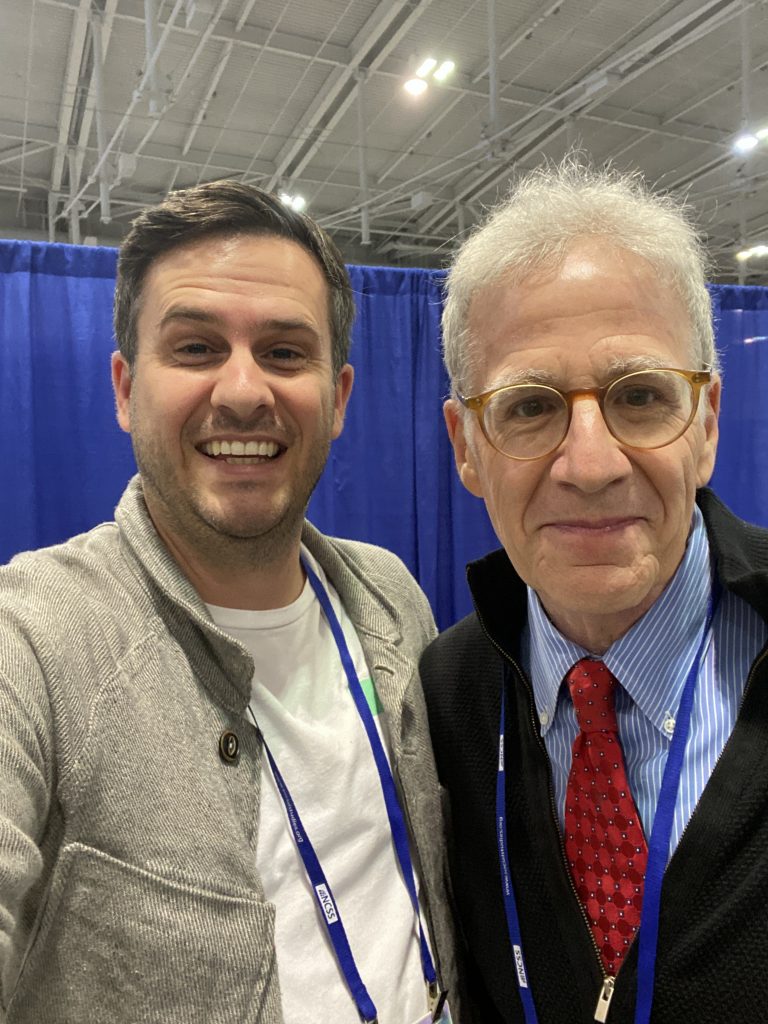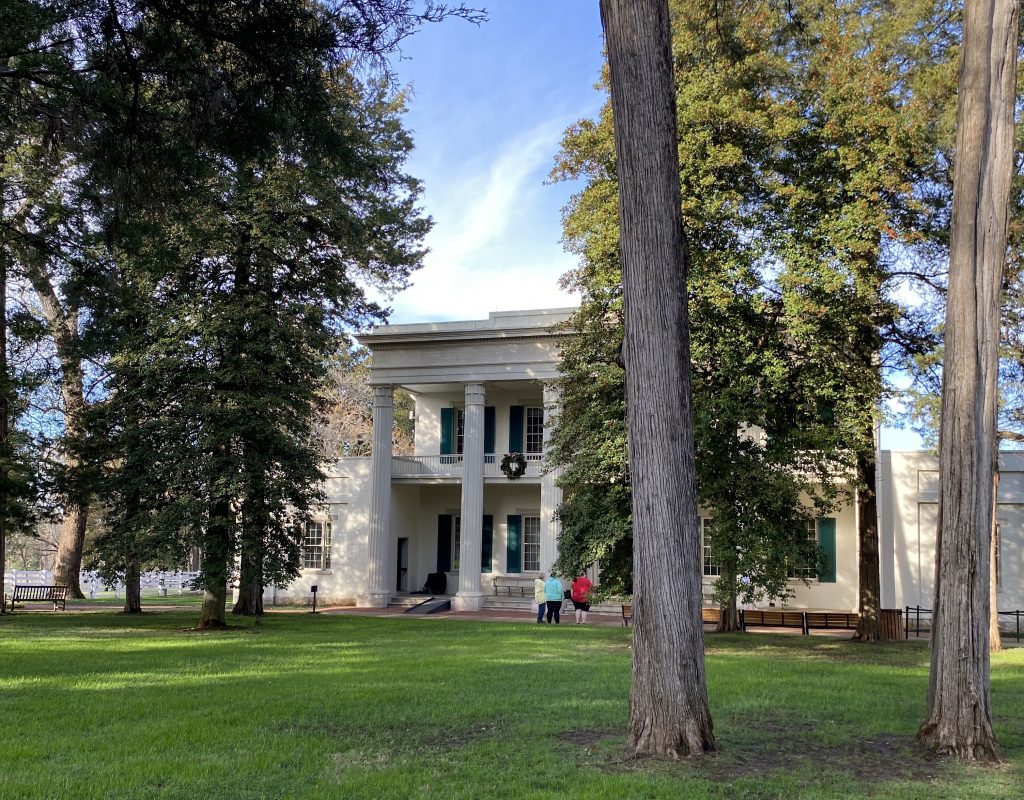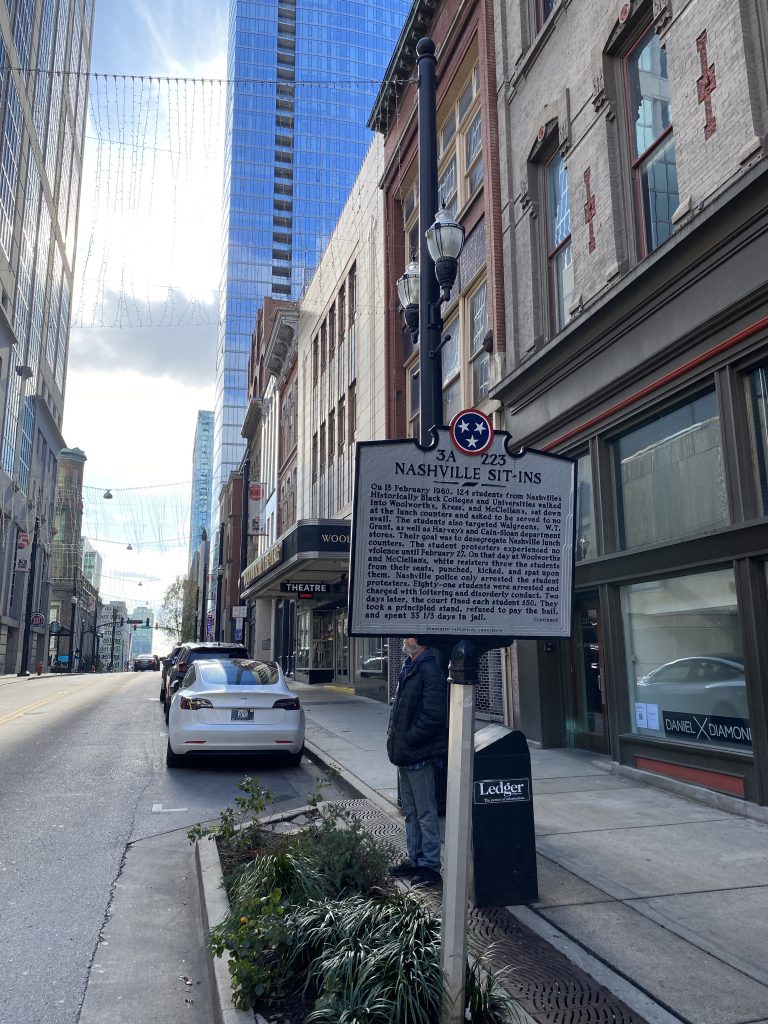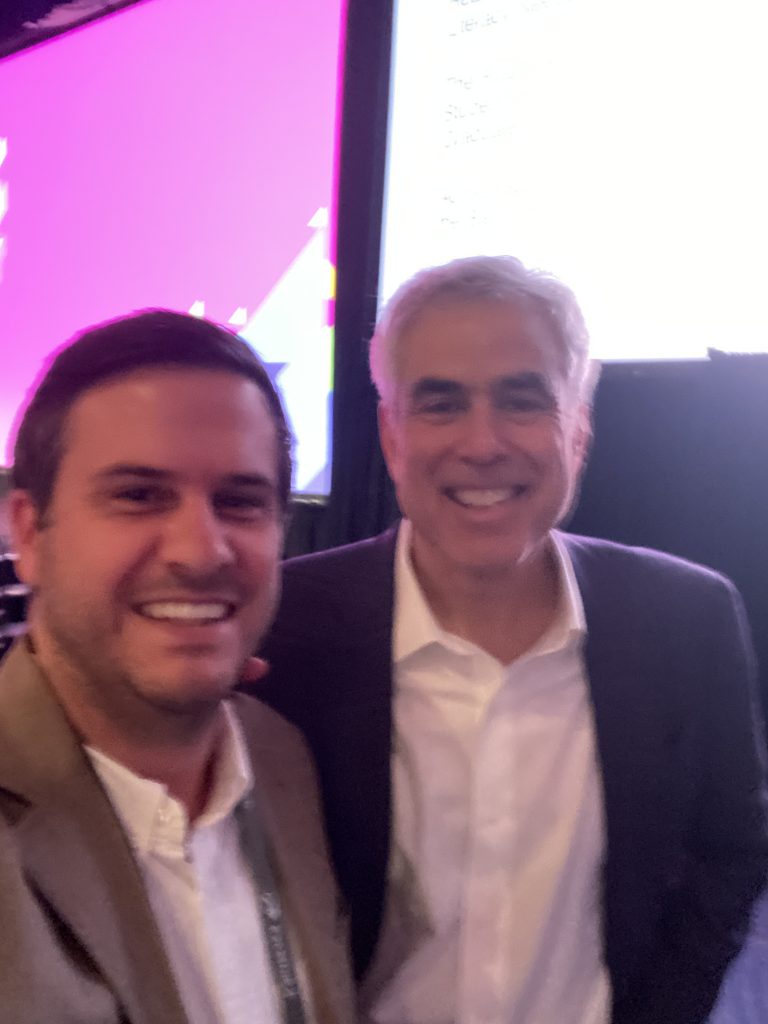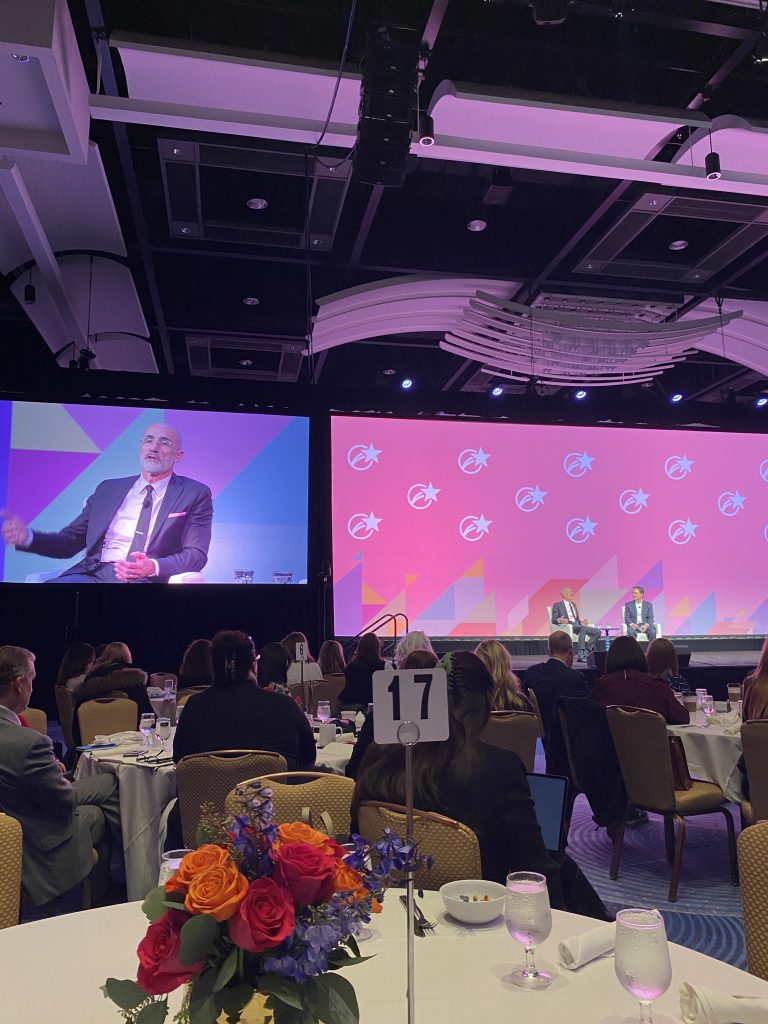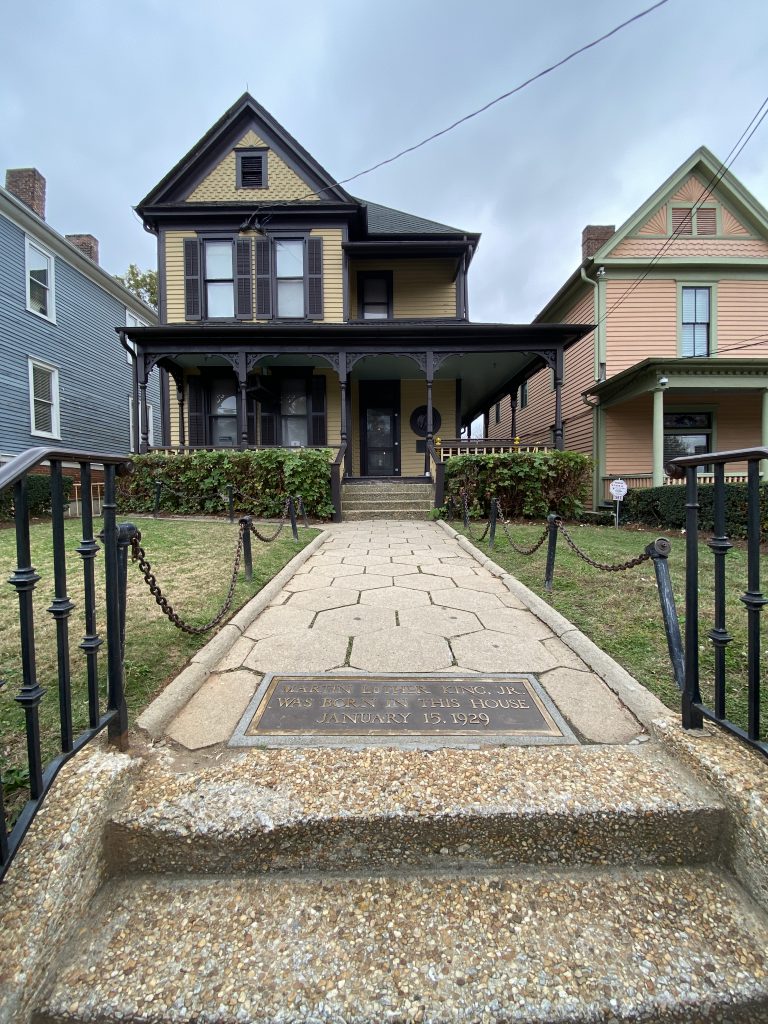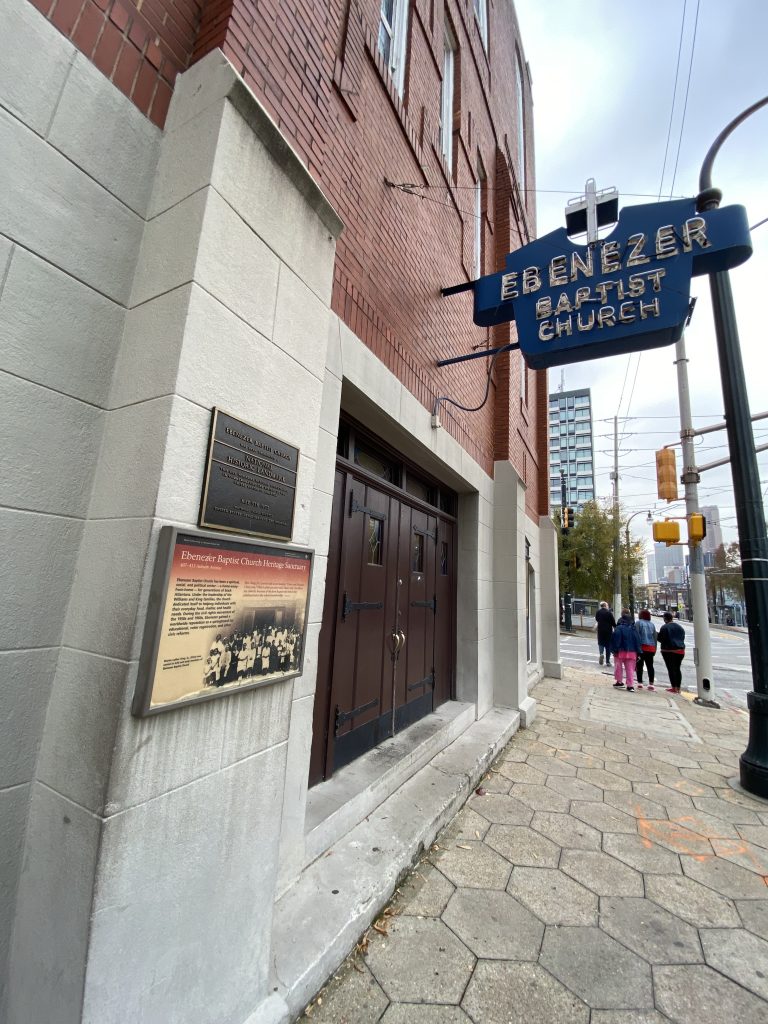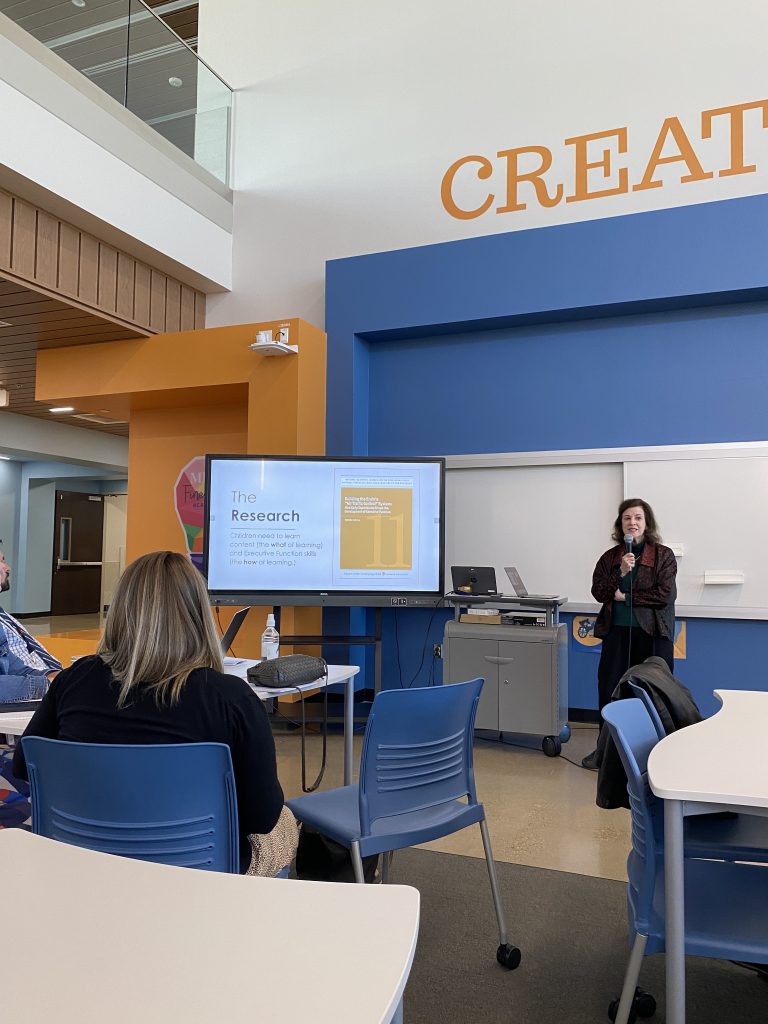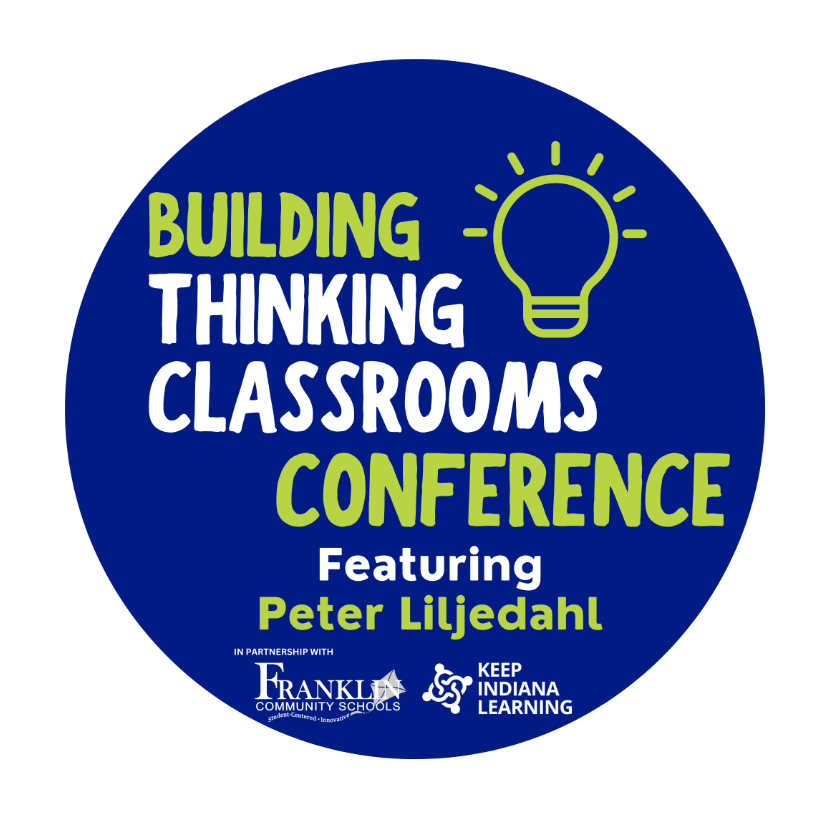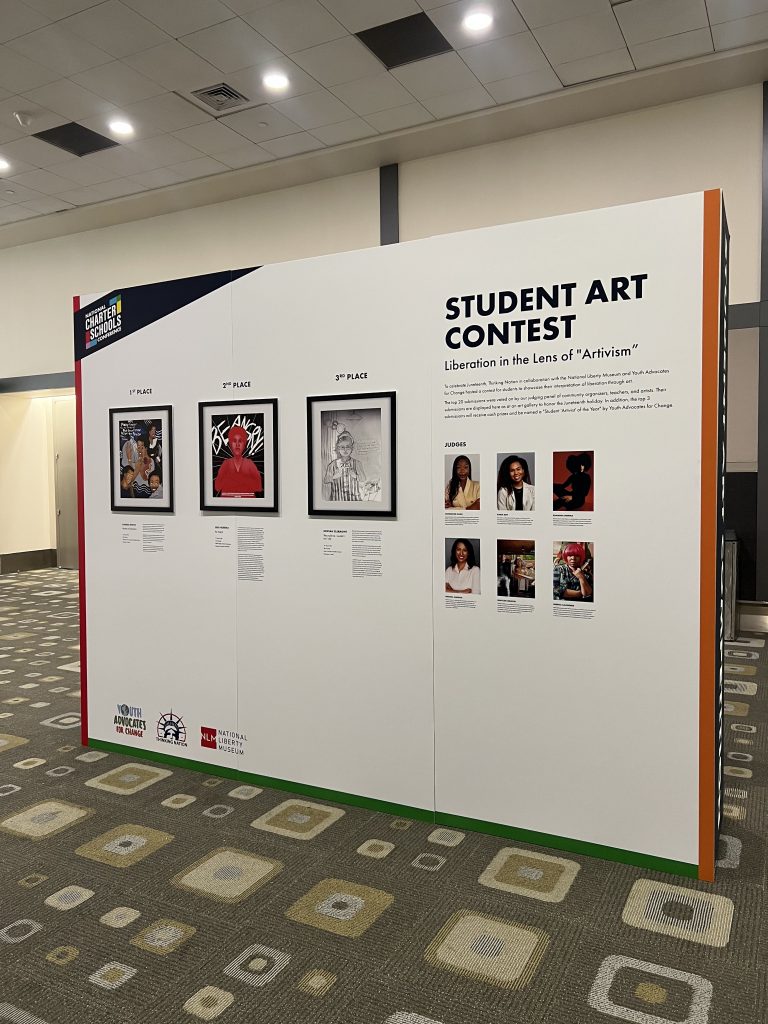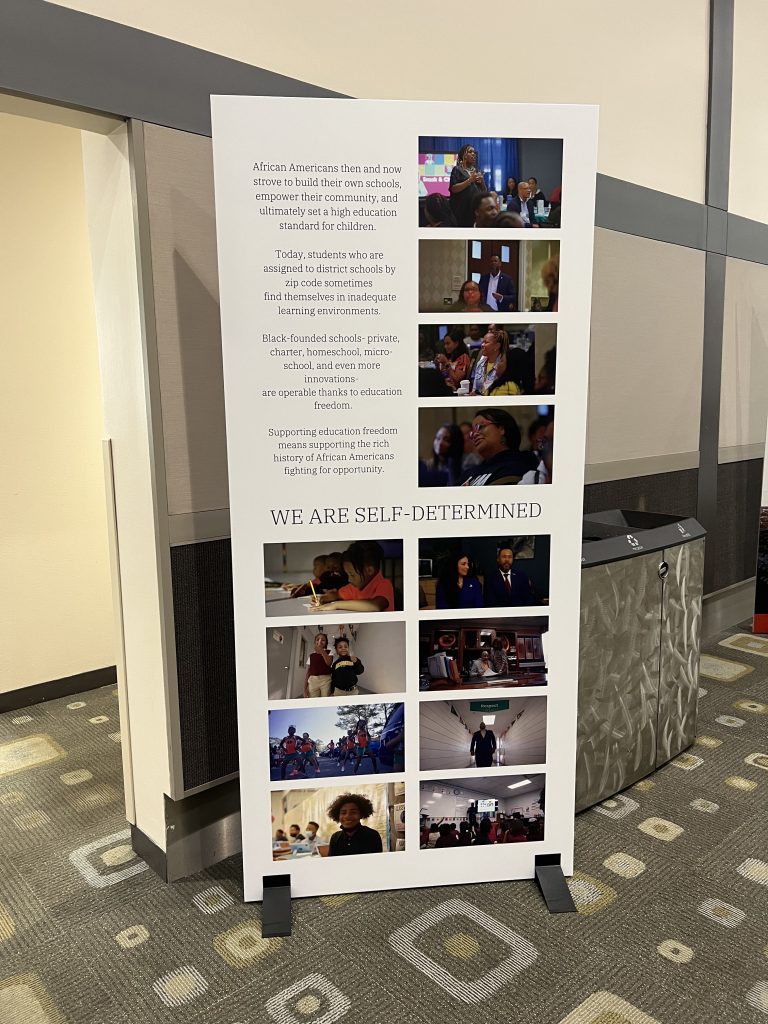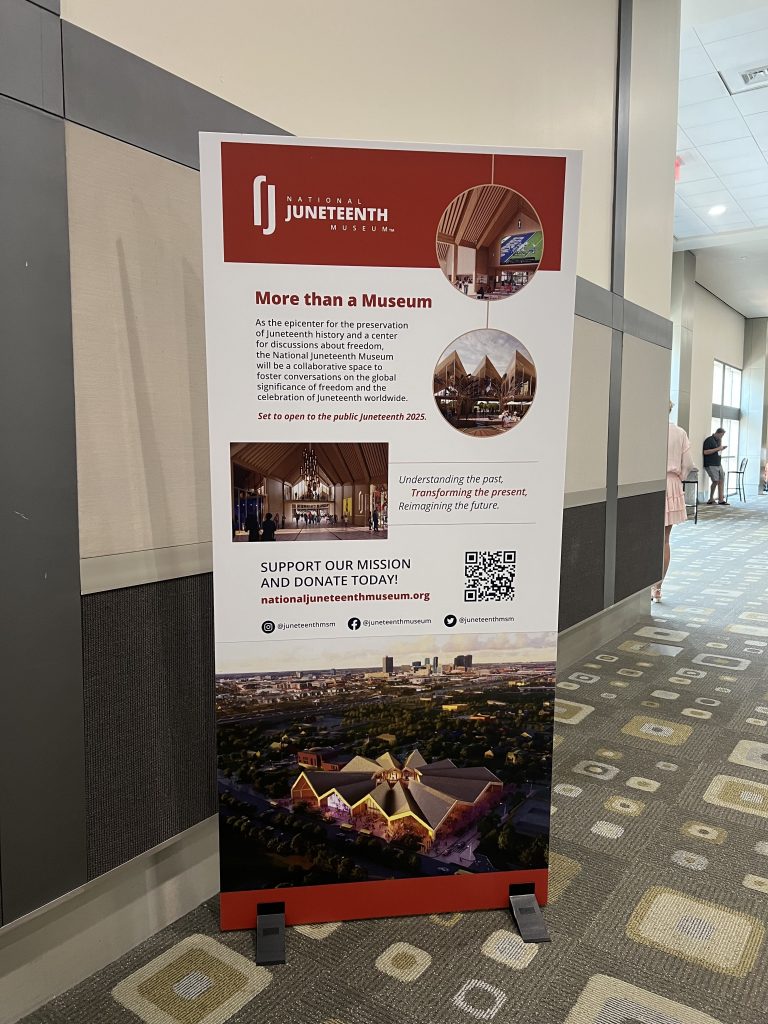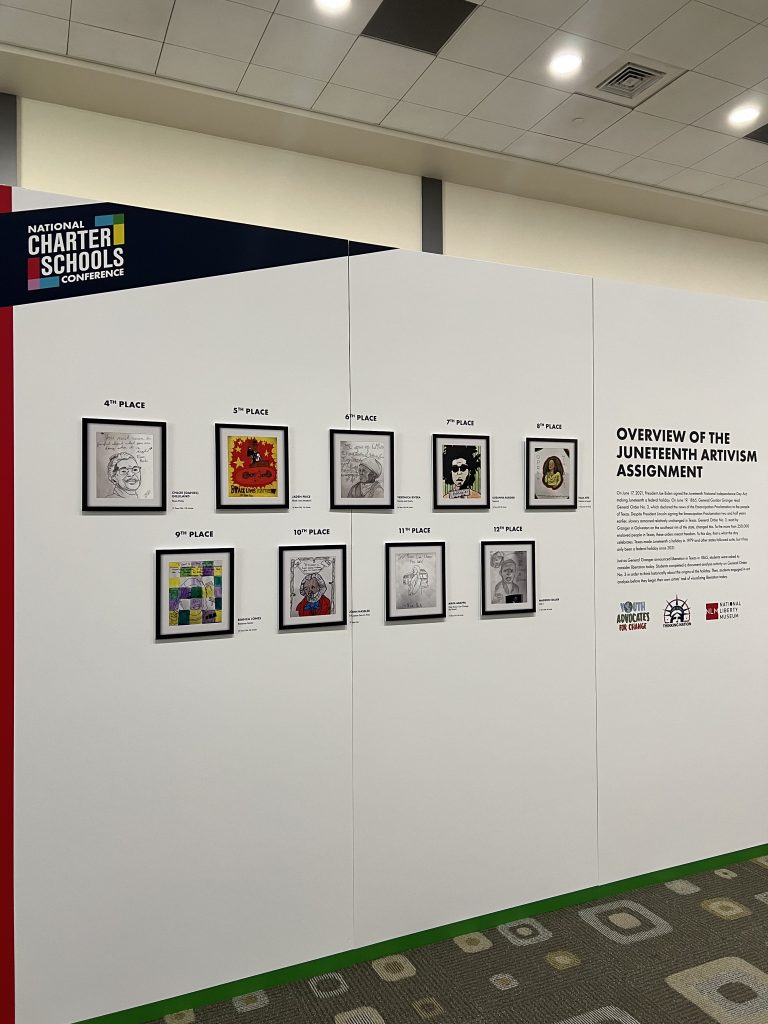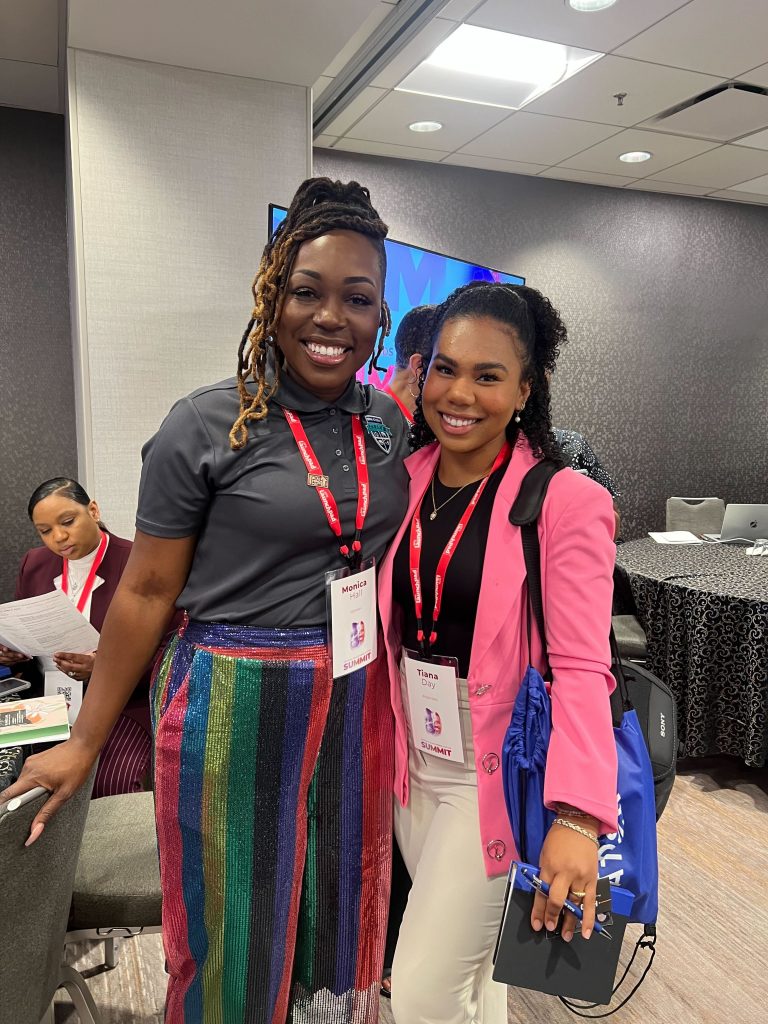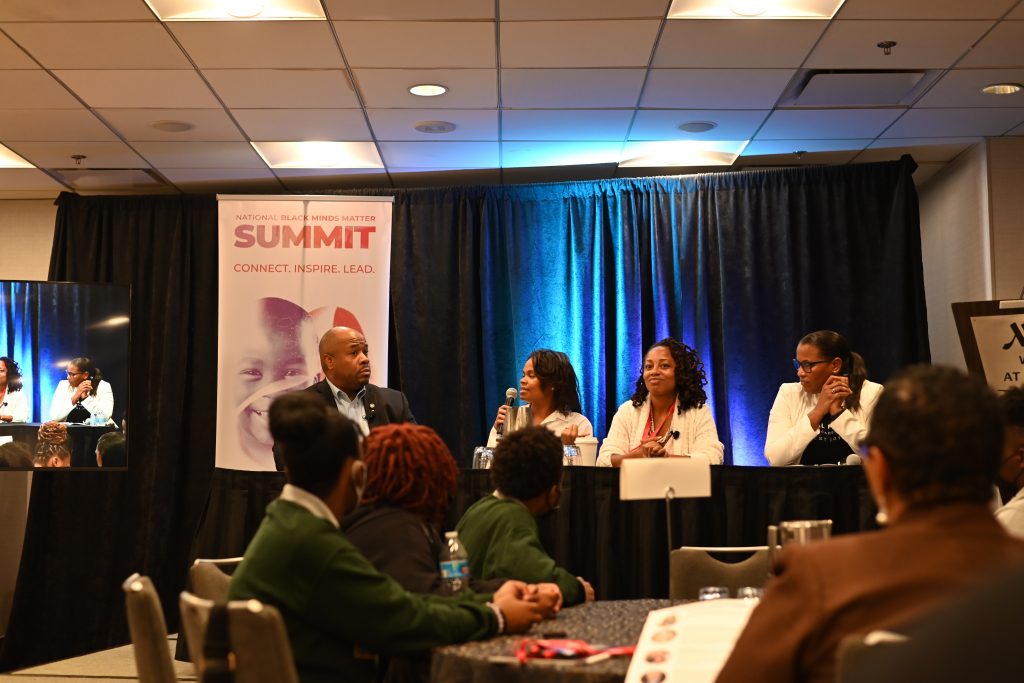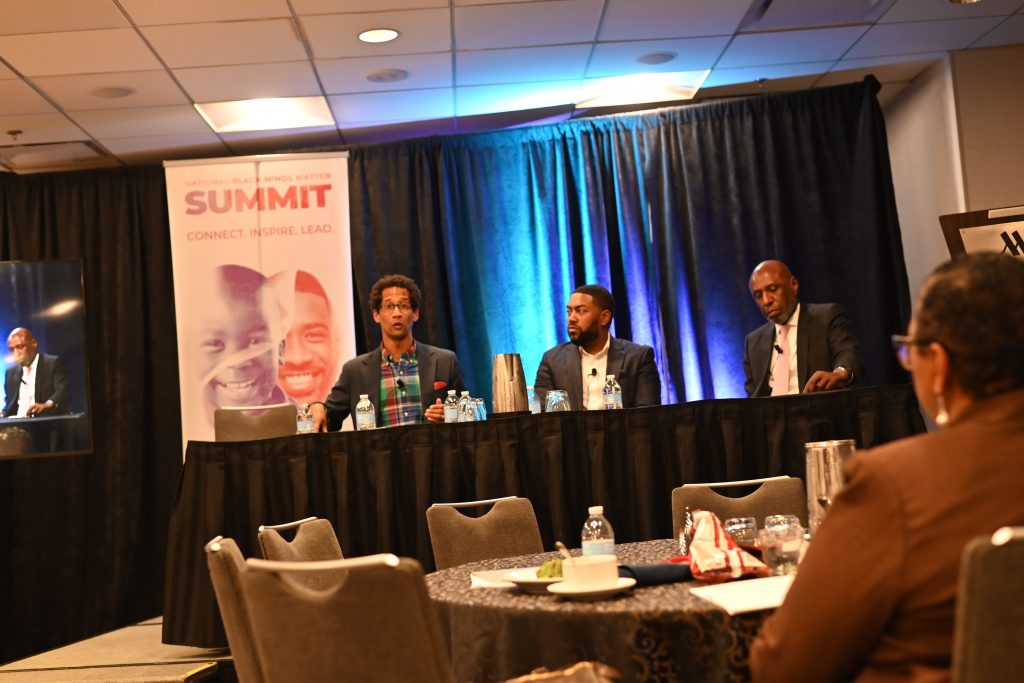
Last week, I co-led a webinar with my colleague, Donna Paoletti Phillips, the President & CEO of the Center for Civic Education. For much of my portion of the webinar, I discussed how we must see historical thinking as an avenue to cultivate civic dispositions in our students. Donna added to this by discussing ways in which we can seize constitutional moments in our classroom. I’ve been thinking a lot about this since. Constitutional Moments Matter.
Then, this weekend, I had the privilege of presenting at the 21st Annual Constitution Day mini-conference hosted at the Ronald Reagan Presidential Library and Museum in Simi Valley, CA. Besides taking my daughter being the obvious highlight of the day, I was captured by the dedication and curiosity of the teachers I interacted with throughout the day.
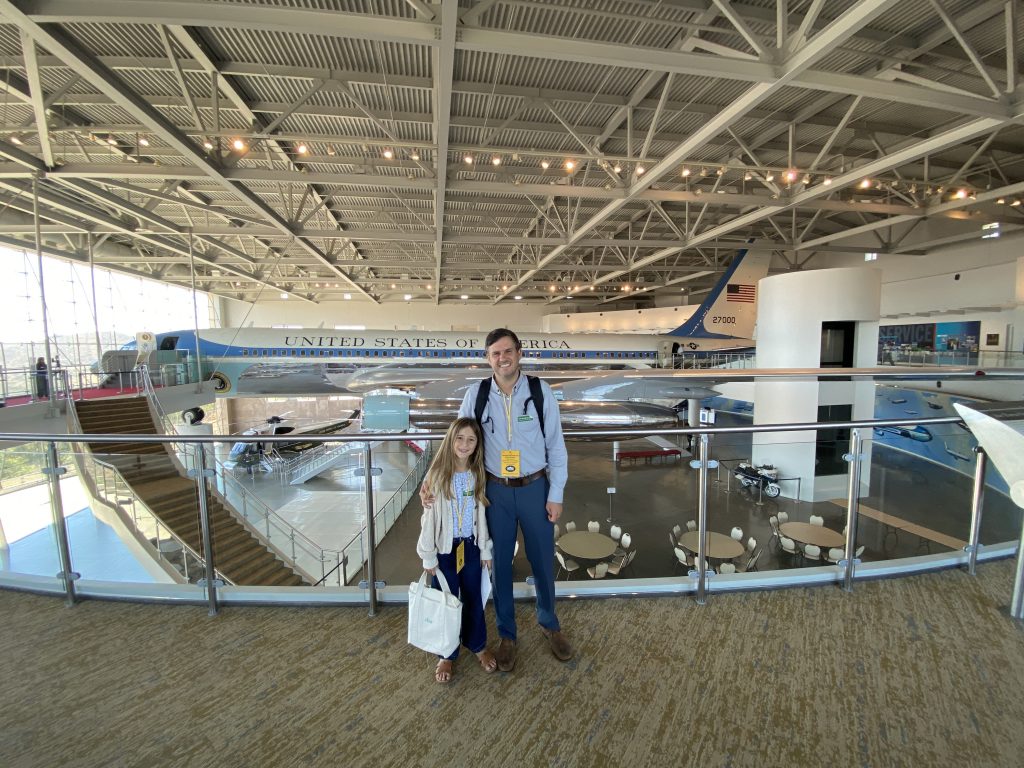
In a sense, this mini-conferences was them seizing their constitutional moment. They came together and sharpened one another in this particular civic duty of being a social studies teacher. It may not be everyone’s civic duty to teach social studies, but it indeed is a civic duty. What we do in our classrooms is nothing short of preparing the next generation of citizens. We must equip and empower them as engaged and critical thinkers, providing them the tools to be good stewards of the democratic republic we inherited. It’s worth it.
My session at the mini-conference highlighted this duty. It was entitled “Teaching Historical Thinking is our Civic Duty.” In short, I often feel like when we consider historical thinking in our classrooms we ask this question: “How can I incorporate historical thinking into my class?” While, on the surface, this seems like the right question, in reality, it makes historical thinking out to be an added burden on what we are already doing as teachers. Added burdens are the first thing to go when the going gets tough.
But what if we reframed the question, asking “What content do I highlight to best nurture historical thinking?” Then, historical thinking becomes the immovable foundation for our classes. The content becomes the mode in which we teach it. This approach does not diminish content, it enhances it. It gives it purpose and enables students to practice the deep thinking required of engaged citizens.
This approach, making historical thinking the foundation for the study of the past, is exactly why we created our platform. Our platform houses hundreds of activities and assessments that all center historical thinking. By using it, teachers have a common language for success enabled by historical thinking. They also have the necessary data on student progress around historical thinking skills to make meaningful decisions about how to continuously empower their students throughout the year.
If you don’t yet partner with us and use our platform, reach out. For us, teaching historical thinking is seizing that constitutional moment. It’s empowering our students with the tools and dispositions required to enact the broadest principles of our Constitution, “to form a more perfect union.” Again, constitutional moments matter. Join us in cultivating thinking citizens.
